Natural Gas

Singapore LNG Hub for Asia: What are the Plans?
Singapore has historically been a hub for petroleum in Asia, acting as a market between the east and the west. With LNG demand surging, they are hoping to play the same role for LNG.

Natural Gas in Bangladesh – Record High Prices and Imminent Climate Impacts
2021 saw record spot pricing for LNG around the world, and Bangladesh took the brunt of these costs. To prevent future impacts from price volatility, Bangladesh and other Asian nations are looking at developing local LNG infrastructure. However, considering the recent IPCC report, Bangladesh needs to rethink its approach to natural gas.
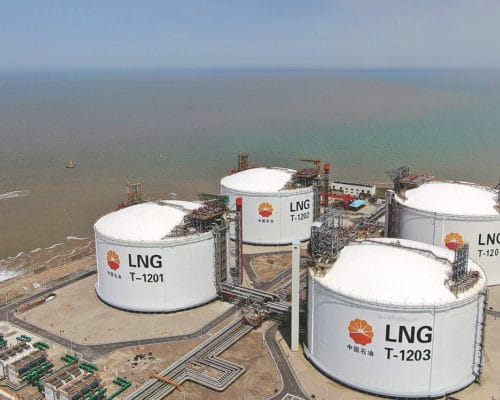
China’s Growing LNG Dependence – Is Increasing Imports the Solution?
In 2021 China became the world's largest LNG importer. This was in response to growing energy demands for economic growth, volatile energy costs, and lower than expected domestic generation. Will this be a sustainable option for China?

JERA’s Vietnam LNG Plans in the Wake of PDP8
Vietnam is undisputedly among the world's best renewable energy success stories. The country needs to continue marching towards sustainability and retain its position as a lucrative market for green investors. However, the looming boom in the local LNG market risks derailing this progress.
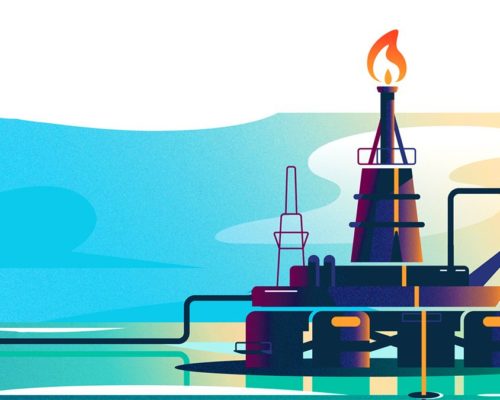
Is LNG the Fuel of the Future?
LNG is a valuable power source that can power the transition to renewable energy. Due to its versatility, it has many uses - transportation, heating, and electricity generation. We expect to see a significant increase in LNG access, consumption, and production in the coming decades.
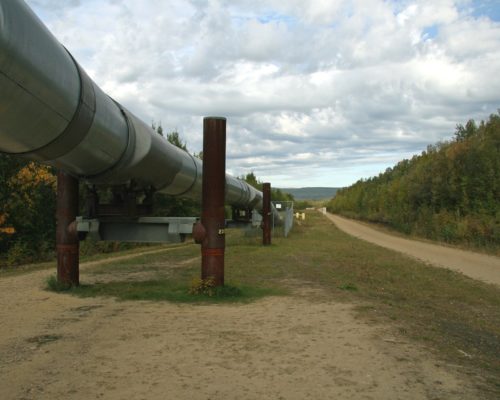
The Global Natural Gas Pipeline Expansion Plans and Climate Impacts
The world is at an inflexion point between speeding up the renewable energy transition and locking itself in fossil fuels. The latest reports make a strong case for the latter.
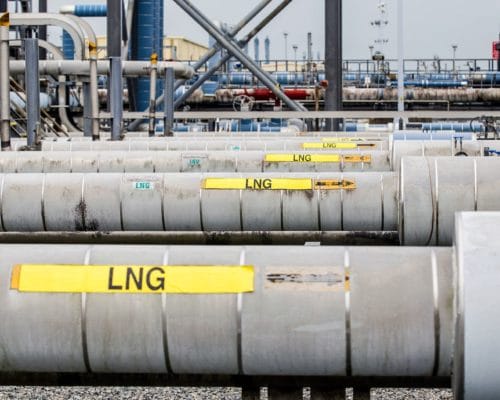
LNG Prices in 2022 Bring Stability after 2021’s Volatility
Many experts predict that LNG prices will remain relatively high throughout 2022. This comes on the heels of record breaking prices across Europe and Asia in 2021. But what is the longer term outlook?

The Russia-Ukraine War and Its Impact on the LNG Market
The effect of the Russia - Ukraine war on the global LNG market is concerning for many and for Asian countries, it serves as a mirror of the risks that reliance on LNG poses.

The LNG Outlook of the Philippines and Its Impact on the Country’s Future
In a world where gas is becoming the "new coal" in the eyes of financial institutions, governments and the public, the Philippines has to withstand the pressure to lock itself into a fossil fuel-powered future.
The Risks of the Myanmar LNG Pipeline
The global net-zero pursuit seems the least of Myanmar's problems today. If not for the green future, however, the country should reconsider its LNG pipeline to avoid further worsening its reputation, economic and energy security situation.
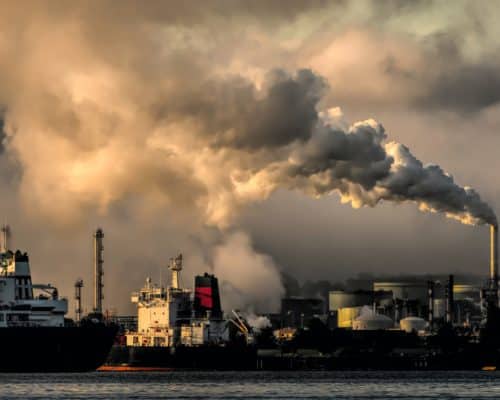
The Global LNG Market and Long-Term Contracts – A Barrier to Net-Zero 2050
Asian countries are becoming victims of the lack of flexibility in long-term gas contracts. However, the associated energy security risk, volatile prices and supply/demand imbalances don't top the agenda of the primary concerns. The incompatibility of gas with the global net-zero efforts does.
Hin Kong – Could the Thailand Gas Project Derail AIIB’s Reputation?
The AIIB will later this month decide whether to fund Hin Kong, a 1,400 MW gas project in Thailand. However, the voices against such a decision are getting louder and louder. Will AIIB take the right step?
South Korean Green Taxonomy Declared ‘Gas is Green’
The government's decision to include gas in the Korean green taxonomy risks jeopardising the country's net-zero plans. Investors and environmental groups were quick to raise concerns, stating that, as a fossil fuel, gas carries high financial and climate risks. The question is will the Korean government listen?
Most Popular
Categories
-
9
-
33
-
126
-
4
-
17
-
43
-
52
-
11
-
10
-
15
-
24
-
6
-
6
-
249
-
196
-
14
-
23
-
1
-
1
-
23
-
38
-
42
-
84
-
18
-
81
-
41
-
17
-
10
-
40
-
43
-
86
-
284
-
21
-
40
-
35
-
10
-
41
-
36
